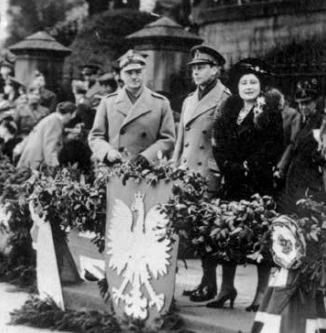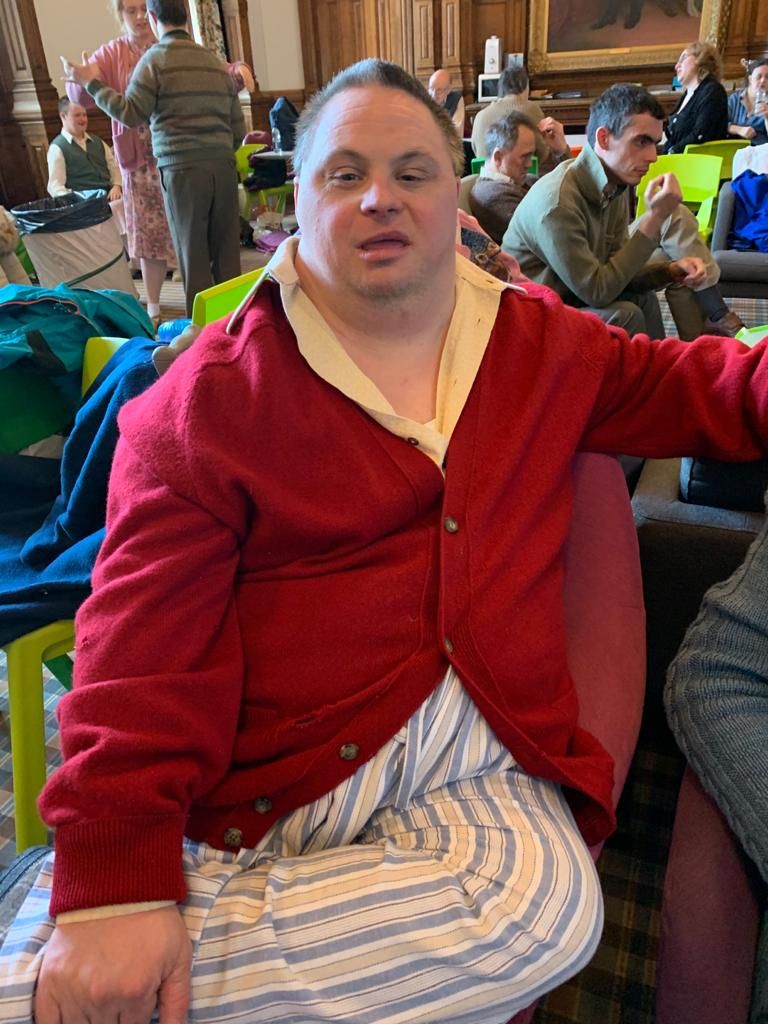The Crown: the Hereditary Principle
Netflix
The Pursuits of Darleen Fyles
BBC Radio 4/BBC Sounds
As long winter days stretched on, we turned to TV, radio and film to provide relief and distraction from the monotony of lockdown life. Thankfully, two programmes featuring actors with learning disabilities reminded us of the potential and talent that is increasingly being recognised and is waiting in the wings.
The first is an episode of Netflix series The Crown, and the other is the 10th series of award-winning Radio 4 drama The Pursuits of Darleen Fyles. First, The Crown: the fourth season of the fictionalised drama that reimagines some of the key events from the Queen’s reign. The series has garnered accolades for performances and writing. Episode 7, The Hereditary Principle, includes actors with learning disabilities telling a little-known story about the royal family and their history.
The programme sees Princess Margaret attending a therapy session where she admits to depression, and the therapist discusses the Windsor family’s mental health history. She informs Margaret that the princess has two cousins on her mother’s side who were institutionalised, and this sets in motion Margaret’s determination to find out more about the cousins who she had not realised existed.
Katherine and Nerissa Bowes-Lyon were Margaret’s first cousins on her mother’s side and the two sisters, both with learning disabilities, were sent in secret to the Royal Earlswood Institution for Mental Defectives in 1941. Recorded in Burke’s Peerage as having died, the sisters spent all their lives ignored and rejected in the institution.
Although they had been born into the wealth of royalty, Nerissa and Katherine, like many people with learning disabilities during this era, were abandoned. The writer and creator of the series, Peter Morgan, portrays the reason for the secrecy and covering up of their existence as the Queen Mother’s desire to protect the monarchy from her own personal shame.

In the drama, the Queen Mother argues that once she became queen, her family had a bloodline to the monarchy, and the integrity of future heirs to the throne would be jeopardised if people knew about the mental disorder in her family. The shame and stigma attached to this meant that her nieces were never discussed or acknowledged within the royal family.
Key to the success of this episode were the actors with learning disabilities, who gave poignant and moving performances that enhanced the storyline and highlighted the sense of isolation and abandonment that these women and their fellow residents endured. The sisters were played beautifully by Pauline Hendrikson and Trudy Emery, who took the lead roles as Nerissa and Katherine Bowes-Lyon. In a supporting role, Tina Byrne, who had lived at Royal Earlswood, played one of their friends.
Other residents were played by actors from the Impact Theatre Company, based in Ealing. The company offers performing and creative arts activities to adults with learning disabilities, and several of their performers were in this episode – a wonderful opportunity for all of those who were involved.
The episode reaffirmed the importance of continued visibility of people with learning disabilities on screen, which will, hopefully, continue when film and TV production returns.
Funny, warming, everyday life
Another highlight, this time on radio, was the return of The Pursuits of Darleen Fyles on Radio 4. Written by Esther Wilson, this 15-minute drama started life on Woman’s Hour in 2009, and was so successful it was given its own billing.

The series has followed the tribulations of a couple with learning disabilities who cope with falling in love, paying the bills and all the other normalities of everyday life that we take for granted. This current series, the 10th, follows the couple as their daughter Frankie starts school. The first episode reflects the current climate as Darleen experiences nervousness over leaving the home and using a face mask without her glasses steaming up.
The performances of the two lead characters, played by Donna Lavin and Edmund Davies, who themselves have physical and learning disabilities, are the main reasons why this drama has been so successful.
The programme is funny, heart-warming and life affirming – just what we need in these times.
